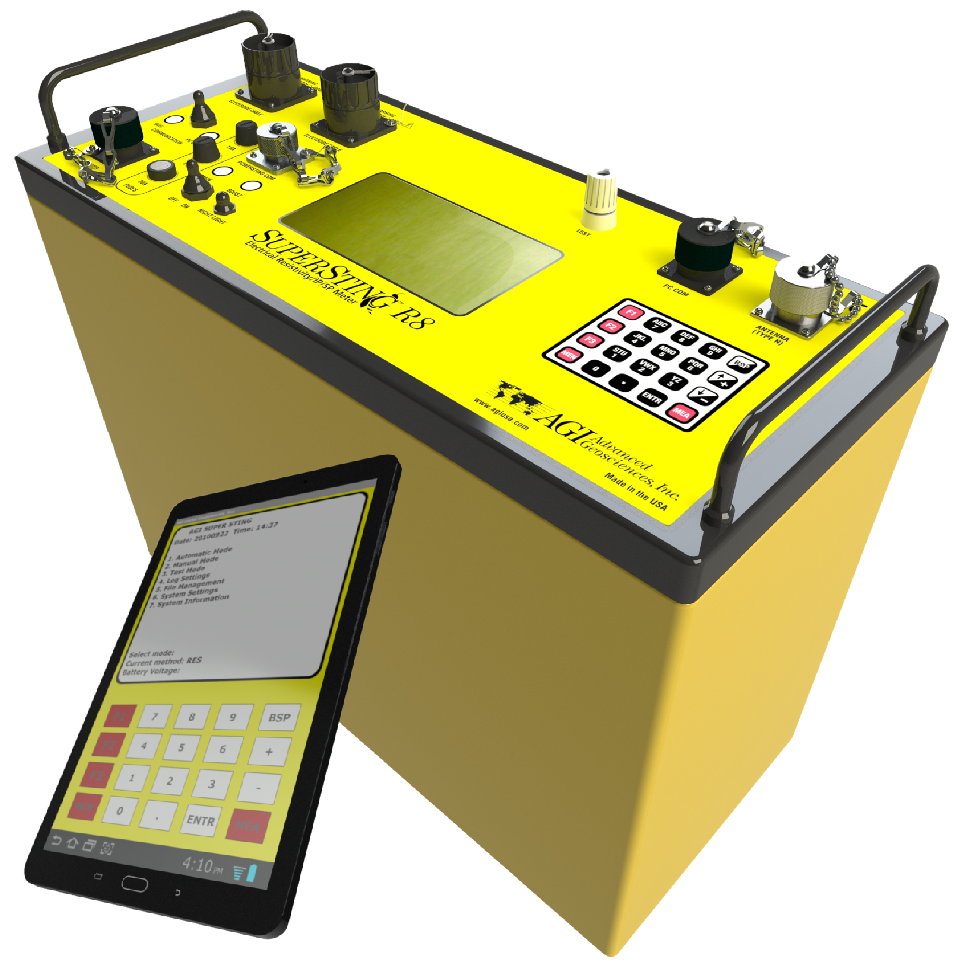
Guyana Water Incorporated (GWI) is moving towards the use of Geophysical investigative techniques to guide the company in making scientifically based decisions with respect to the best sites for the drilling of wells. This is in keeping with GWI’s mandate to deliver safe, adequate, and affordable water.
The company has procured a Geo-Electrical imaging system, namely the Supersting R8/IP/SP Wi-Fi version, which will be utilised to perform resistivity logging. This equipment is scheduled to arrive in Guyana within the coming week.
Resistivity logging is a measure of the electrical resistance of a material, indicative of the material’s capacity to transmit conductive fluids. The technique aids in the characterisation and translation of the material’s water bearing properties thus enabling the determination of the presence of ground water in the formation.
This resistivity well logging technique is particularly well suited to guide well drilling activities within the hinterland regions where existing subsurface data is currently scarce to lacking.
The use of the equipment requires that GWI build in-house capacity. In this regard, three key personnel recently attended a two day training session at the Advanced Geosciences Europe, S.L (AGE) office in Madrid, Spain.
Those who attended the training were GWI’s Manager of Water Resources and Climate Change Adaptation, Mr. Orin Browne; Hydrologist, Mrs. Angela Franklin and Regional Manager of , Region 9, Mr. John Yow. Also attending the training in the use of the equipment was Project Manager of the Office of the Prime Minister, Ministry of the Presidency, Mr. Rafael Gravesande.
GWI intends to utilize this technology to complement its current geophysical well logging capabilities to undertake extensive and detailed subsurface investigations. These investigations are aimed at developing a reliable data repository to guide future planning and decision makings regarding resources investments and management of ground water.

